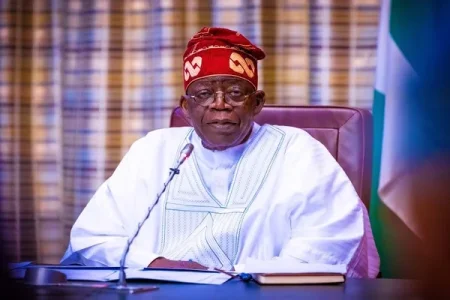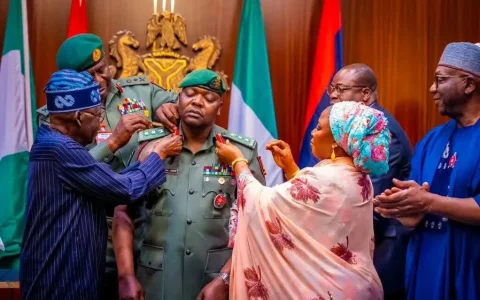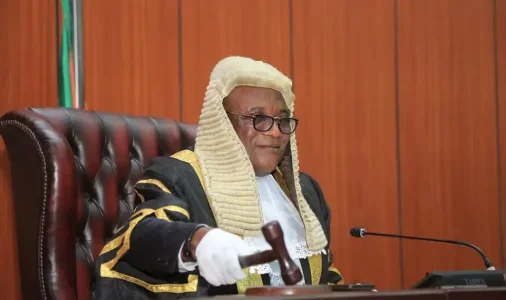
Nigerian President Bola Tinubu vows to approve an affordable minimum wage increase, aiming to balance improving workers' earnings with fiscal sustainability. The decision follows stalled negotiations between labor and government.
Nigerian President Bola Tinubu has reiterated his stance on approving an affordable minimum wage increase for workers in the country. Speaking at a dinner commemorating 25 years of unbroken democracy, Tinubu acknowledged the importance of the minimum wage issue while emphasizing fiscal prudence.
"The minimum wage is going to be what Nigerians can afford, what you can afford, and what I can afford. Cut your coat according to your size, if you have size at all," Tinubu stated, indicating his willingness to raise the minimum pay but within sustainable limits for the government and businesses.
The current national minimum wage of 30,000 naira (approximately $65) per month has long been contested by labor unions as being inadequate to cover rising living costs. Negotiations between the government and labor representatives have stalled, with unions demanding a significant hike to 250,000 naira while the government's latest offer was 62,000 naira.
Tinubu's comments suggest he aims to strike a balance between improving workers' earnings and avoiding potential economic shocks from an overly ambitious minimum wage increase. He has promised to send an executive bill on the new minimum wage to the National Assembly soon.
Beyond the minimum wage, Tinubu also pledged efforts to tackle food inflation by addressing security issues like banditry that have disrupted agricultural production. He called for Nigerians to support his administration's economic agenda.
The minimum wage debate has been contentious, with experts warning of risks like job losses if wage hikes outpace economic growth and productivity gains. Tinubu's challenge will be finding a level that satisfies worker demands without overburdening businesses or public finances.




